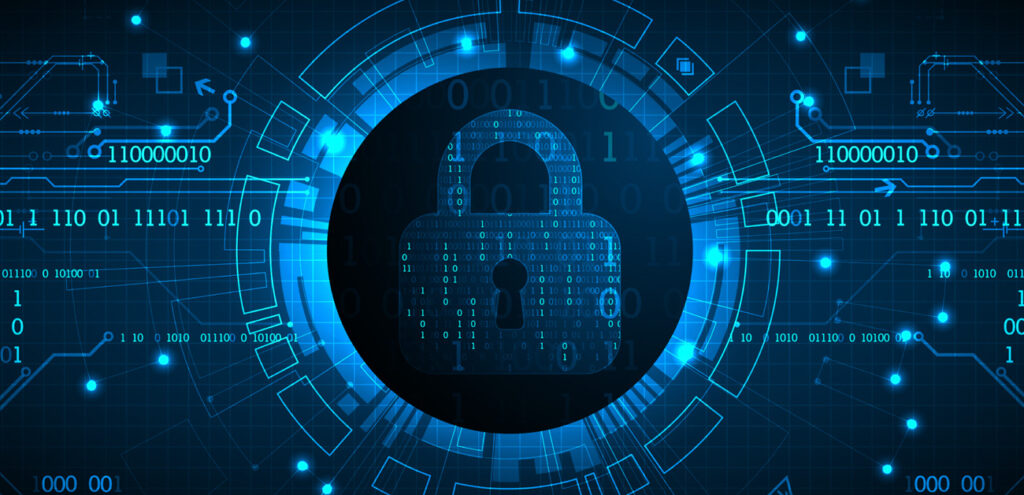Introduction
In an era dominated by digital interactions and online services, the internet offers unparalleled convenience. However, this convenience comes with risks, and one major threat we face is cybercrime. Recent events, such as the Briansclub data breach, serve as a stark reminder that none of us are immune to these online dangers. This article will guide you through the essential steps to protect yourself from hackers like those associated with briansclub cm. So, grab a cup of coffee and let’s dive into the world of online security.
Understanding the Threat of Briansclub and Similar Hackers
The Briansclub Website
Briansclub is a website infamous for offering membership access to various services, including online forums, private messaging, and file sharing. Unfortunately, it has also been linked to high-profile hacking incidents, like the 2014 iCloud hack that exposed private celebrity photos. To protect yourself, it’s crucial to understand how Briansclub operates. The site employs various methods to collect user data, including cookies, web beacons, and tracking technologies.
Risks Associated with Briansclub Hackers
Being targeted by hackers associated with Briansclub carries several risks:
- Exposure of Personal Information: Your name, address, phone number, email, and more could be exposed, potentially leading to identity theft.
- Financial Information Exposure: Hackers may access credit card and bank account details, which could be used for fraudulent activities.
- Spam and Phishing: Expect an influx of spam emails, possibly from the hackers themselves or other malicious sources.
- Phishing Attacks: Be cautious of phishing attempts where hackers impersonate legitimate entities to steal sensitive information.bclub
Essential Security Measures
To protect yourself from Briansclub hackers, adopt these vital security measures:
Strong Passwords and Two-Factor Authentication
- Utilize a mix of upper and lower-case letters, numbers, and symbols.
- Make passwords at least 8 characters long.
- Avoid easily guessable words and never reuse passwords across accounts.
- Embrace two-factor authentication (2FA) whenever possible for an extra layer of security.
Keeping Software Up to Date
Ensure all your software, including antivirus and the operating system, remains current. Regular updates often patch vulnerabilities that hackers can exploit.
Recognizing Phishing Scams
Stay vigilant against phishing emails and scams. Don’t divulge personal information or click on suspicious links without verification.
Regular Data Backups
Frequently back up your data to avoid potential data loss in the event of an attack. It’s a lifesaver if you ever fall victim to ransomware.
Using a VPN
Employ a Virtual Private Network (VPN) to secure your internet connection, especially when using public Wi-Fi networks. VPNs encrypt your data, making it harder for hackers to intercept.
Creating Strong Passwords
Mix of Characters
Aim for a combination of upper and lower-case letters, numbers, and special symbols in your passwords.
Length and Complexity
Make your passwords at least 8 characters long, and avoid using easily guessable words like “password” or your birthdate.
Avoiding Common Words
Steer clear of using dictionary words or common phrases, as these are vulnerable to dictionary attacks.
Password Managers
Consider using a password manager to generate and store strong, unique passwords for each of your accounts. It simplifies password management and enhances security.
Maintaining Computer Security with Anti-Virus Software
Choosing the Right Anti-Virus Program
Select a reliable anti-virus program compatible with your operating system. Regularly update it to keep up with evolving threats.
Regular Updates
Enable automatic updates for your anti-virus software to ensure it’s equipped to detect and remove the latest threats.
Safely Shopping Online
Using Secure Connections
Always verify that the connection is secure (look for “https://”) when entering sensitive information on websites.
Keeping Antivirus Software Updated
Ensure your antivirus software is up to date to guard against online threats while shopping.
Avoiding Suspicious Links
Steer clear of clicking on links in unsolicited emails or on suspicious websites. Always exercise caution when online shopping.
Conclusion
With hackers like those associated with Briansclub constantly targeting individuals and businesses, safeguarding your online presence is paramount. By adhering to these security measures, including using strong passwords, keeping your software updated, and practicing safe online shopping, you can significantly reduce your vulnerability to cyberattacks.


